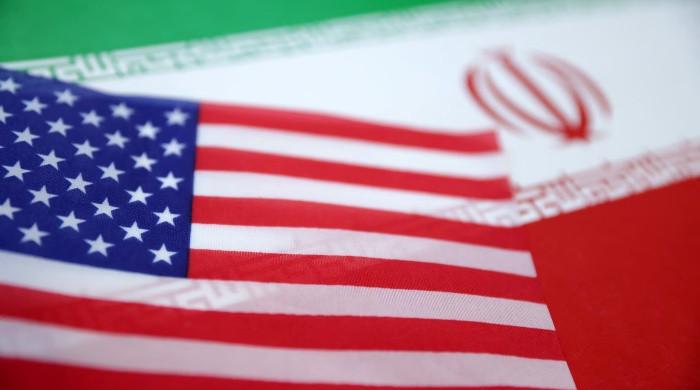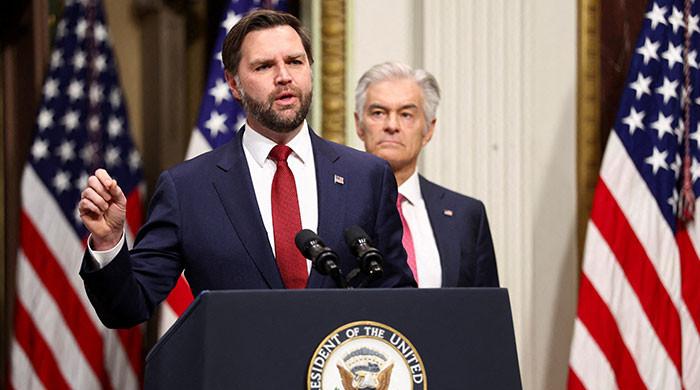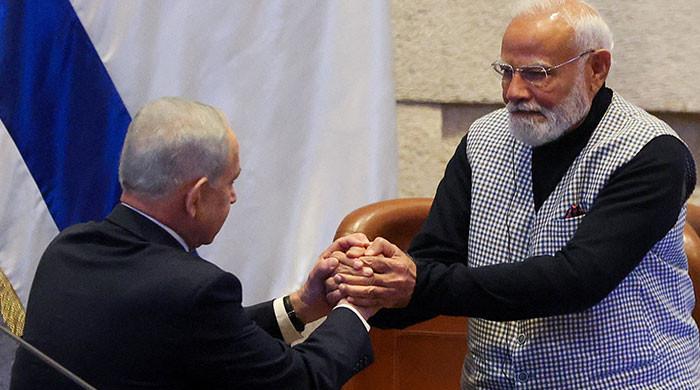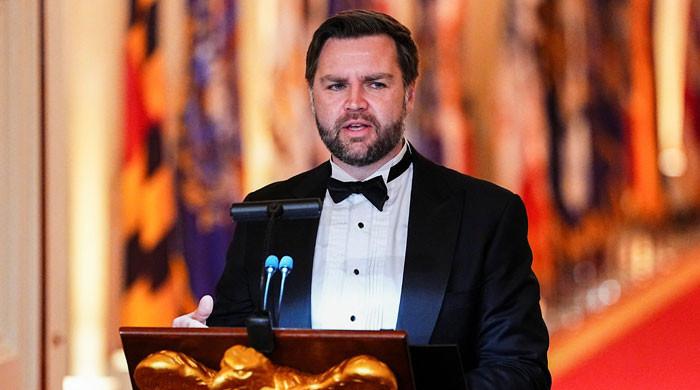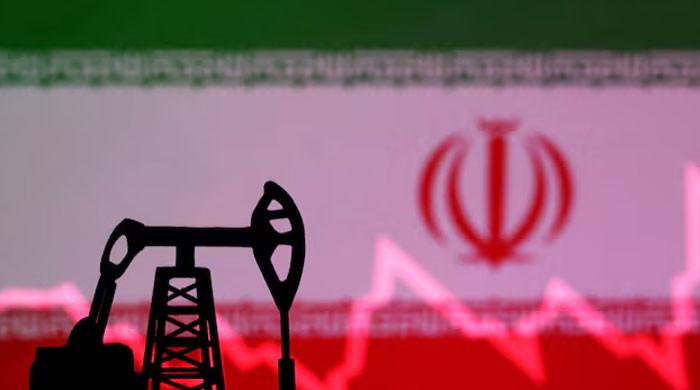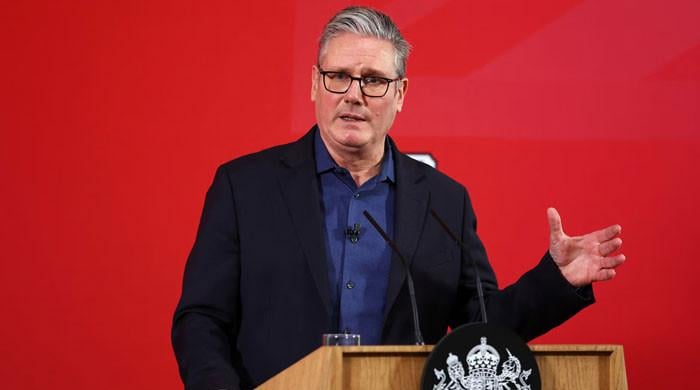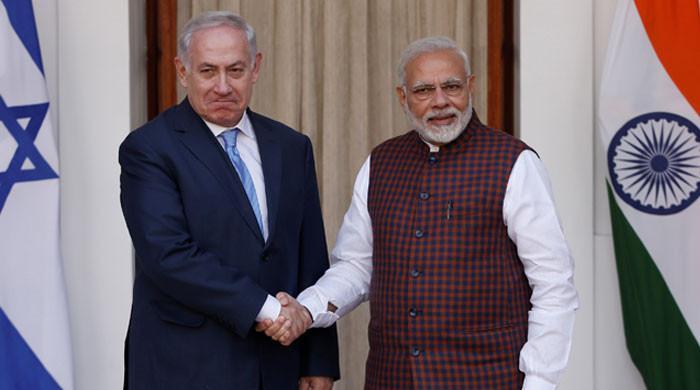Twitter, Facebook, and YouTube unable to curb hate speech, misinformation: study
Three social media giants all performed worse in stopping hate speech on their platforms in the 2nd half of 2020
February 09, 2021
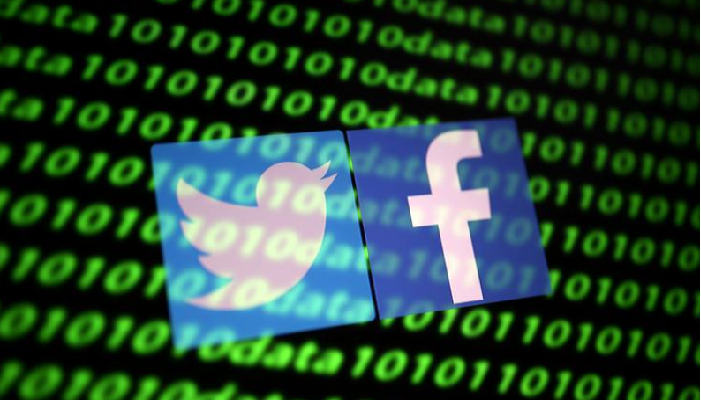
- Facebook, Twitter and Alphabet’s YouTube were unable to stop hate speech and misinformation in the United States last year, study says
- Last year, US was struggling with widespread polarisation about the presidential election and coronavirus
- Nine social media platforms agreed to participate in the audit
Facebook, Twitter and Alphabet’s YouTube were unable to stop hate speech and misinformation in the United States last year when the country was struggling with widespread polarisation about the presidential election and coronavirus, a study released on Monday showed.
Advertising agency IPG Mediabrands conducted an audit grading how the top social media platforms had progressed, or fallen back, across 10 categories that encompass what it calls “media responsibility,” including protecting children’s wellbeing and providing more transparency for advertisers.
The three social media giants all performed worse in stopping hate speech on their platforms in the second half of 2020 compared with the first, IPG Mediabrands said in a report on its updated audit.
Facebook showed improvements in clamping down on false and misleading content, for instance removing pages and groups related to the QAnon conspiracy theory. YouTube made no significant changes to its misinformation policies, leading to a lower score in the category, the agency said.
Nine social media platforms agreed to participate in the audit.
Of them, smaller platforms made notable advances throughout 2020, including Chinese-owned app TikTok, which faced the threat of a U.S. ban last year over concerns about user data privacy.
The short-form video app made the biggest improvements out of the nine, taking steps like partnering with outside companies to protect advertisers from appearing next to unsuitable content, and giving users better control over the types of videos they see, said Elijah Harris, global head of social at Mediabrands agency Reprise.
Mediabrands’ previous audit found ad placements on TikTok were at higher risk for so-called brand safety issues, but TikTok made improvements after “embracing our findings with open arms,” Harris said.
Pinterest suspends accounts that continuously spread misinformation and Reddit prioritizes fact-checking for categories like election and health content, which helped both companies score the largest improvements in fighting false and misleading content, Mediabrands said.
Mediabrands chose not to rank the platforms against each other to avoid giving top-scoring companies a false sense that their work is done, said Joshua Lowcock, chief digital officer at IPG agency UM.
“We have a classroom of students who all need to work harder,” he said. “There should be no proud parents here.”




